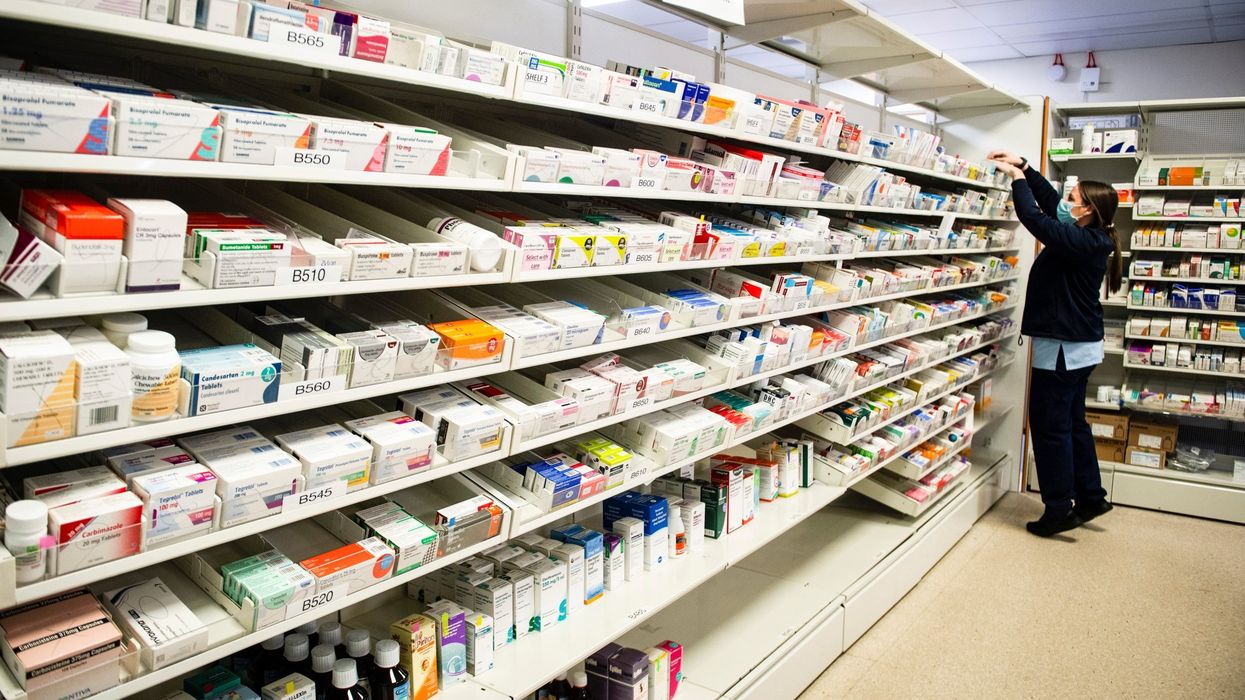Strong collaboration between GPs and community pharmacists essential to pharmacy first service successful, the CPE highlight
To maximise the benefits of the Pharmacy First service for patients, the NHS, and community pharmacies, Community Pharmacy England (CPE) has advised the community pharmacists to to establish a robust relationship between community pharmacies and local general practices.
The news comes after several reports highlighted issues regarding GP referrals for the seven minor ailment conditions under the Pharmacy First services.
According to the reports, many pharmacists claimed that "many GPs in England are not sending patients to them to be treated – and that some are refusing to participate at all in the “groundbreaking” Pharmacy First scheme".
In response to foster better relationship with the GPs, CPE has said that strong local collaborations will enable general practice teams to confidently refer patients to the Pharmacy First and other community pharmacy services where appropriate.
Moreover, the organisation emphasised implementation of long-term changes in practice will take time. The current focus on integrating GP referrals to Pharmacy First will likely require sustained effort over several months or longer.
"We have received positive feedback from many LPCs and pharmacy teams about how local community pharmacy/general practice relationships are driving a good volume of referrals and benefits to patients," the organisation said.
"However, some pharmacy teams are experiencing low levels of referrals or none at all."
The rollout of GP referrals to the Community Pharmacist Consultation Service (CPCS) has demonstrated that ongoing effort is crucial to ensure consistent referrals over time.
Further, to support pharmacy owners, their teams, and LPCs in maintaining engagement with local general practice colleagues, the NHS has published several new and updated resources.
One new resource is the "Pharmacy First – Promoting the Service to GP Practices" checklist. This checklist offers suggested actions for pharmacy owners and their teams to help promote the Pharmacy First service to their local GP practice team.
Additionally, a PowerPoint presentation designed for use at practice meetings is available to introduce the service to GP practice teams, facilitating better understanding and cooperation between the two parties.
Another new resource is a PowerPoint presentation tailored for patients, to be used at events such as Patient Participation Group meetings at GP practices.
This presentation helps educate patients about the benefits and availability of the Pharmacy First service.
To further enhance communication, a template news story has been created for GP practices to use on their websites or in their patient newsletters, along with a shorter version for inclusion in patient newsletters.
The NHS has also updated several resources to better support pharmacy and GP practice collaboration.
These include a template email or letter for pharmacy owners to introduce the Pharmacy First service to GP practices.
Additionally, a three-page briefing for Local Medical Committees and general practices has been revised, providing a comprehensive introduction to the service along with a Q&A section for GP practice teams.
By utilising these resources, pharmacy owners and their teams can strengthen their engagement with local general practices, ensuring the sustained success of the Pharmacy First service.
This concerted effort aims to enhance patient care across the community, reduce GP workloads, and streamline the referral process.












